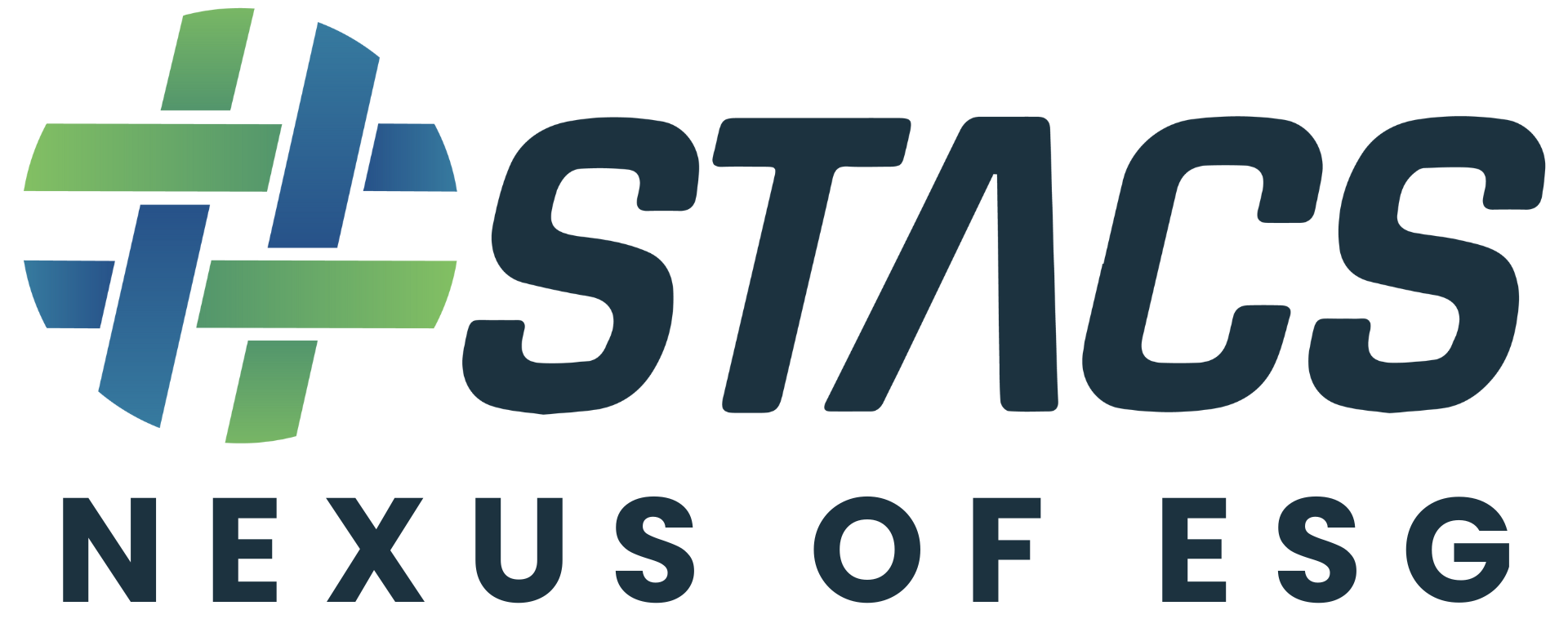Institution Types
Investment Banks
Disruptive Forces are Changing the Financial Services Industry
While banks do a variety of tasks and provide an arsenal of services for their clients, in general, usage of technology boils down to two main considerations: revenue production and cost reduction.
For the former, the front offices are adopting new technology to gain a competitive edge, provide better value-added services, and to be closer to their clients. For the latter, the back offices are taking a new approach towards operational processing. Instead of being treated as necessity cost centres, investment banks are utilizing new technology to be closer together, and to get connected on a global scale to support front office activities.
Stock Exchanges
Centre of the New Digital Economy
Marketplaces exist to accumulate trade orders, facilitate trade matching, and enable the movement of capital for economic participants. With usage of next generation technology, exchanges gain a competitive edge, and are now closer to end investors and issuers, while enabling global market connectivity and cross border trades. Sitting in the middle of the new digital economy, the exchange continues to underpin market stability and wealth creation. Always ready, always available.
Centre of the New Digital Economy
Marketplaces exist to accumulate trade orders, facilitate trade matching, and enable the movement of capital for economic participants. With usage of next generation technology, exchanges gain a competitive edge, and are now closer to end investors and issuers, while enabling global market connectivity and cross border trades. Sitting in the middle of the new digital economy, the exchange continues to underpin market stability and wealth creation. Always ready, always available.
Stock Exchanges
Central Securities Depositories
A Record Holder of Truth
Central Securities Depositories are critical financial markets infrastructure that maintains orderliness and integrity in the dynamic capital markets. The ability for market participants to enact, trade, clear, and achieve settlement finality is contingent on the ability of the depository to diligently record and update investor holdings on a recorded ledger. With new blockchain technology, depositories can make use of smart contracts to automate movement of funds and securities, as well as the immutability and auditability features of blockchain, to complement the responsibilities of the depositories.
Asset Managers
Alphas, Betas, And the Search for Yield
While top line revenue is ordinarily beyond the scope of control for asset managers, bottom line costs can be contained with the usage of new operational technologies.
Asset managers, with their ecosystems of custodians, executing and clear brokers are utilizing blockchain technology to achieve straight through processing in executing, matching and settling trade. Beyond operational efficiencies, the ability to connect asset managers and their ecosystems together on one shared repository with a single source of truth, represents a paradigm shift in the new digital world.
Alphas, Betas, And the Search for Yield
While top line revenue is ordinarily beyond the scope of control for asset managers, bottom line costs can be contained with the usage of new operational technologies.
Asset managers, with their ecosystems of custodians, executing and clear brokers are utilizing blockchain technology to achieve straight through processing in executing, matching and settling trade. Beyond operational efficiencies, the ability to connect asset managers and their ecosystems together on one shared repository with a single source of truth, represents a paradigm shift in the new digital world.
Asset Managers
Custodians
The Evolution of a Core Financial Service
By definition, the role of custodians resides in the safekeeping of client assets. By function, the role of custodians extends towards processing and settlement of transactions, ensuring clients asset safety and reporting of trades and holdings. With fees compressing in a competitive environment, complex and highly differentiated workflows, and increasing regulatory requirements looming, the ability to manage costs requires a new approach towards value chain lifecycle management.
The usage of a shared network with a single source of truth, applied to a whole network of connected financial institutions provides such a solution. Coupled with the programming of business logic into financial assets, the effect of a blockchain powered solution for custodians is particularly enticing.
Private Banks
Bespoke Solutions for Bespoke Moments
Private banks provide a spectrum of bespoke wealth products for high net worth clients. Compared with traditional instruments, wealth products are more complex in nature and operational servicing. Blockchain technology connects private banks and their counterparty investment banks, providing a single source of truth for participants within a trade and removing the need for reconciliation. Smart contracts with predefined business logic allows automated end to end trade management lifecycle of wealth products while facilitating risk monitoring.
Bespoke Solutions for Bespoke Moments
Private banks provide a spectrum of bespoke wealth products for high net worth clients. Compared with traditional instruments, wealth products are more complex in nature and operational servicing. Blockchain technology connects private banks and their counterparty investment banks, providing a single source of truth for participants within a trade and removing the need for reconciliation. Smart contracts with predefined business logic allows automated end to end trade management lifecycle of wealth products while facilitating risk monitoring.




